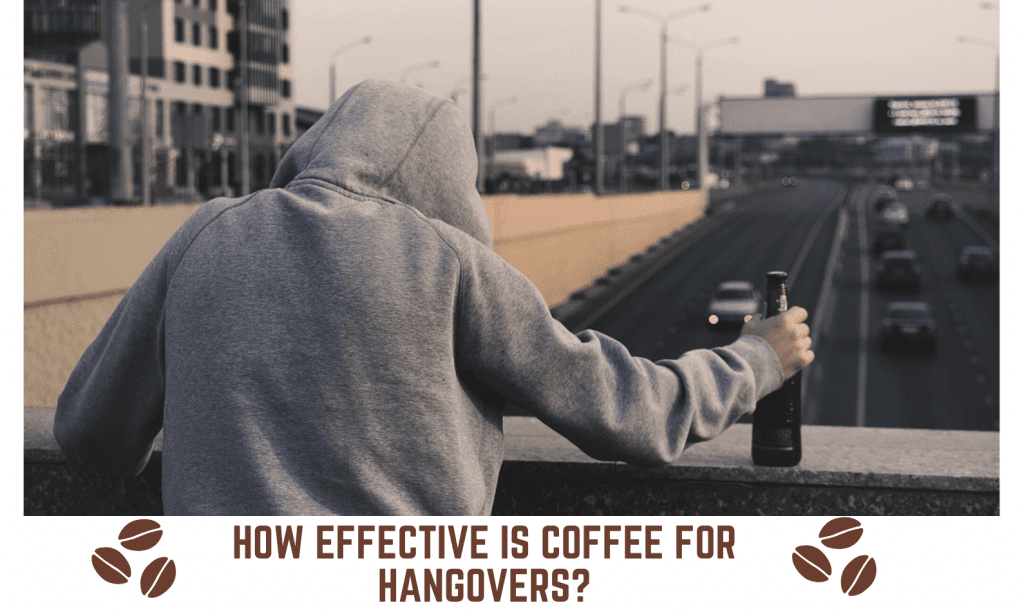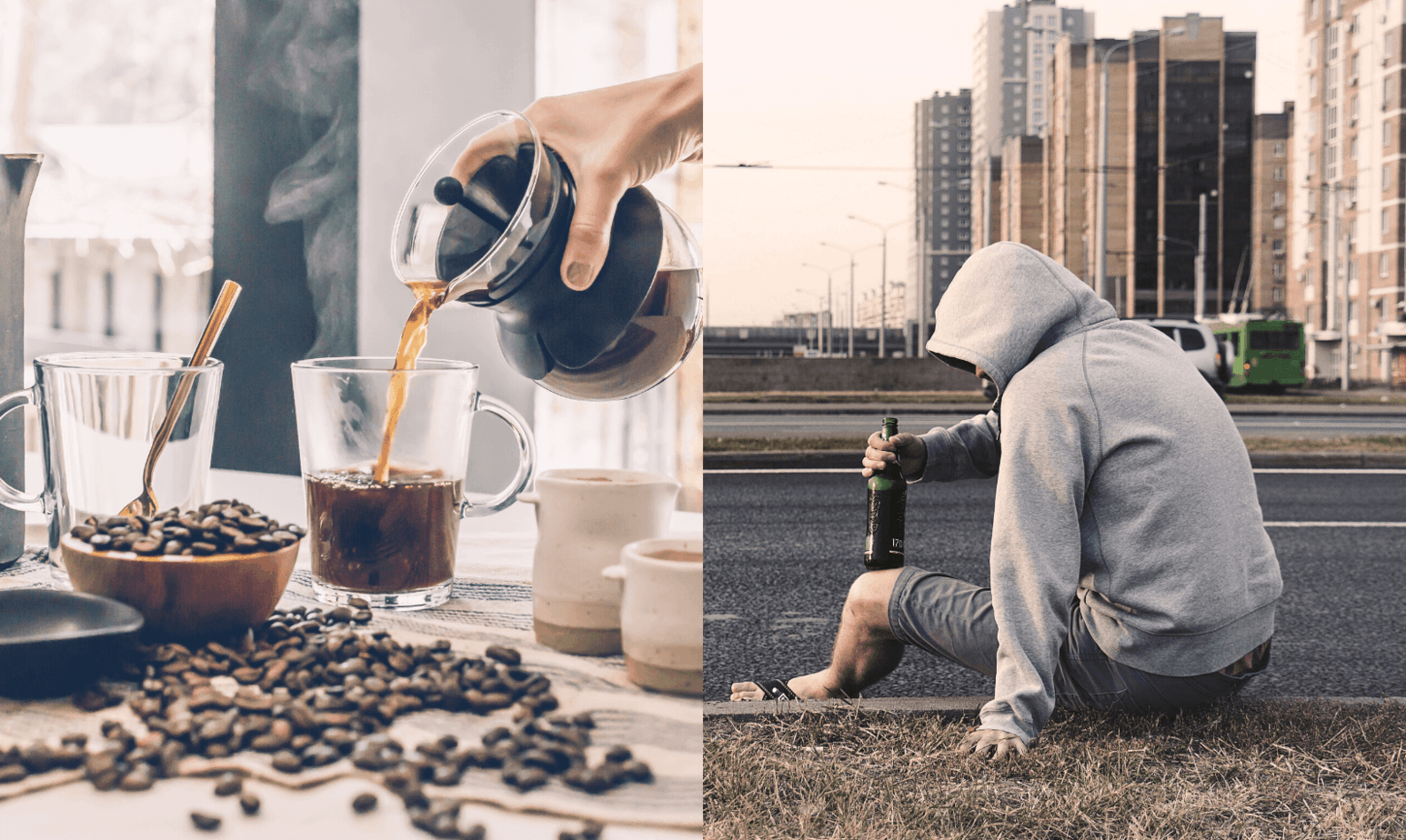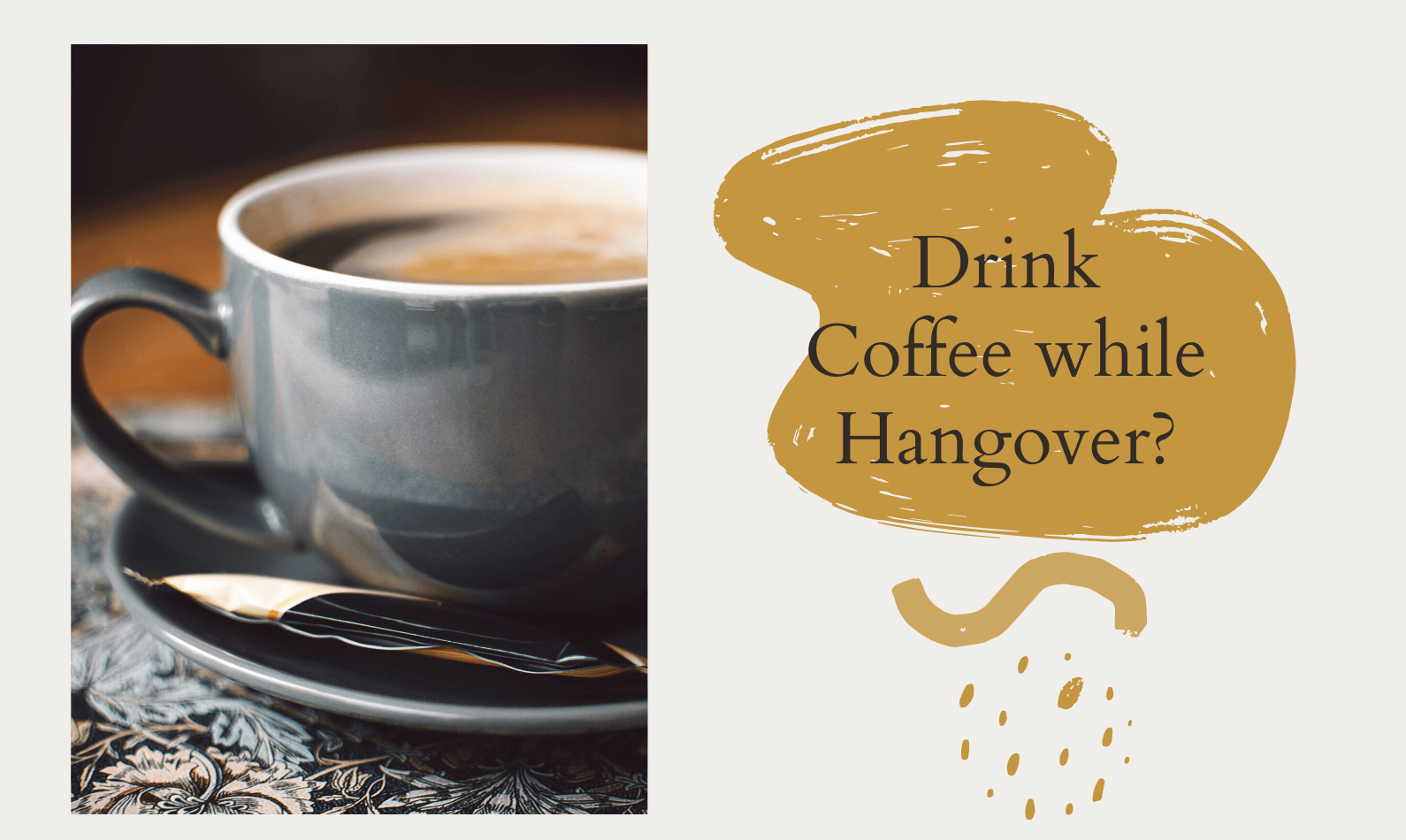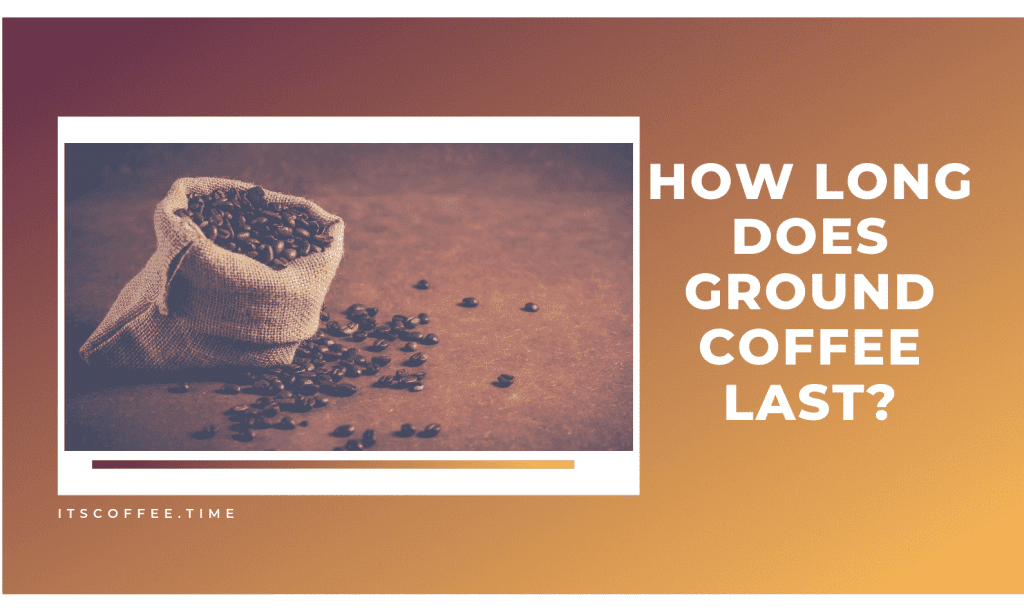How Effective is Coffee for Hangovers? All You Need to Know: After a drinking night, you may be looking for a remedy to relieve a hangover, such as aspirin, hangover pills to relieve the symptoms of a hangover, energy drinks, or coffee. However, while coffee has traditionally been viewed as a hangover cure, a closer look at the effects that coffee can have on your already abused body suggests that it offers the complete opposite of hangover relief.
Extensive research has shown that there are many beneficial effects of caffeine in the diet, such as improved attention, alertness, and physical performance. However, there may be adverse effects, such as dehydration and sleep disturbances. So does caffeine help a hangover or not?
The Good News about Caffeine:
Caffeine feeds your body by releasing chemicals called ‘Neurotransmitters.’ ‘Norepinephrine’ and ‘Epinephrine’ stimulate various reactions that prepare you to fight or flight situations. Each effect enhances your ability to respond effectively.
First, it increases your heart rate. This leads to increased blood and oxygen flow to the muscles. If you feel slow for a hangover, you may welcome that extra boost. Caffeine also stimulates the metabolism to keep you well fed. So far, so good. Second, caffeine causes a myriad of reactions in the brain. The combined effects lead to an increase in attention and concentration. If you feel a bit ‘strong the next morning, you might think that a cup of coffee is just the ticket for ‘rimetterti’ on track.
Finally, caffeine works quickly. You can start to feel the effects in just 30 minutes. When you have a hangover, you want quick relief. And above all, you will still hear up to four hours after that first sip. At first glance, it seems the ideal solution for your problems.
Myths about Coffee & Hangovers: Should You Drink Coffee To Cure A Hangover?
Anecdotes suggest that coffee alleviates many common hangover symptoms. But reality paints a different image. First, it won’t calm you down faster. The only way to do this is in time for your body to metabolize and flush out of your system.
The speed with which it occurs is the same, no matter how large or small a person is. And the type of alcohol doesn’t affect the rate with which it happens, whether it’s a lovely pinot noir or tequila shots. It’s about the liver and the speed with which alcohol can get there.
The same for that headache. Remember, caffeine increases the heart rate. What you might experience instead is a more significant impact sensation in your head. And it won’t disappear soon. The effects of that cup of coffee will last a few hours.
1. Coffee will not Leave you Sober
First of all, coffee will not leave you sober. Drinking espresso after alcohol will not lower your blood alcohol level or prevent you from getting drunk. Caffeine will help you improve your attention and physical performance; however, alcohol’s effects will persist.
A rat study found that caffeine, the equivalent of one or eight cups of coffee for humans, made rodents more alert but did nothing to reverse the cognitive decline caused by alcohol, like their inability to avoid the stimuli they should have known unpleasant. In other words, a caffeine injection after a binge can cause drunk people to think they are sober.
2. Caffeine can Prevent a withdrawal Headache
If you drink coffee regularly, you may have a slight caffeine addiction and need to drink coffee every morning. If you skip morning coffee, withdrawal symptoms can worsen hangovers. The headache that you already have from drinking alcohol could be more severe if you don’t have at least some caffeine.
The only way coffee helps hangovers is to prevent caffeine withdrawal from getting worse. In this situation, however, coffee does not relieve the symptoms of a hangover. It is merely avoiding the development of other symptoms that would aggravate those present.
Read more about How to Reduce Bitterness in Your Coffee
3. Surveillance
Coffee contains adenosine, adrenaline, and caffeine. These chemicals help increase alertness and concentration, which you desperately need when you have a hangover. In a nutshell, coffee also wakes you up when you have trouble getting out of bed and running. However, if you plan on taking a nap to try to sleep without a hangover, drink only a small amount of coffee, so you don’t stay awake.
4. Mild Dehydration of the Coffee
Water makes up between 55 and 75% of the human body. It is necessary to maintain every cell’s health and integrity in the body, and it is also essential for most bodily functions. There are many ways we lose water daily, which includes drinking alcohol and coffee.
Alcohol is also a diuretic that dehydrates our body; Therefore, rehydration is necessary to treat a hangover. Caffeine acts as a diuretic through several mechanisms: it causes more frequent urination, prevents the exhaustion of water, and makes the bladder unable to retain large urine quantities.
Coffee, tea, soft drinks, and energy drinks are popular caffeinated drinks. All these drinks also have mild diuretic effects on the body.
In other words, drinking a lot of coffee in the morning after drinking a lot will make your body even more dehydrated and the hangovers worse. So if you can’t go without a cup of coffee, you need to make sure you drink plenty of water to avoid double dehydration from alcohol and coffee.
5. Coffee could make Headaches Worse
Coffee can also worsen headaches as caffeine slightly constricts blood vessels and increases blood pressure. If you already suffer from a blow to the head, coffee may make the impact even worse.
On the other hand, a cup of coffee could make you feel a little less sleepy and give you some energy; The increase in energy should last only about three hours after a night out. Since caffeine helps increase dopamine levels, it may also make you feel a little better in the morning, but it cannot cure a hangover.
Put, drinking coffee could make your headache worse. The caffeine you may need to prevent a withdrawal headache would also intensify the hangover headache. Caffeine constricts blood vessels, which increases blood pressure. If your head is already hitting, it will get worse.
Besides, as mentioned above, coffee is a diuretic, facilitating dehydration. This further constricts the blood vessels and further increases the blood pressure.
What to Do & What Not to Do While having a Hangover at Work?
How Effective is Coffee for Hangovers at the office? You just be wondering? Drinking coffee is not your only dilemma when you have a hangover at work. Here are some others what to do and what not to do.
1. Eat more if you can
Having food in the stomach helps absorb alcohol that is still in the stomach. But you have to be smart in choosing what you eat. Another old story of wives is that fatty foods are best for hangovers. This is not entirely true.
It is better to replace the vitamins and minerals that are missing from the body. Keep some fruit on the desk and stick it all day long. You can also chop carrots and celery sticks. During your lunch break, eat a meal with ‘vitamin B6’. You can find this vitamin in fish, poultry, potatoes, and the liver.
2. Hydrate!
We’ve said it before, and we’ll repeat it: stay hydrated. Drink water, coconut water, and even pickle juice if that’s what you like. Your body needs hydration, and this will eventually help you feel better.
3. Go to Sleep after Work
Now the workday is over, and you feel better. What’s next Go to the bar with your colleagues? No, go to sleep! His body is exhausted after not only a long night of drinking but also a prolonged hangover from work.
Sleeping all night will ensure that your body is fully charged for the next day.
Gastrointestinal Consequences for taking excess Caffeine
Finally, it is necessary to consider the effects on the digestive system. Caffeine increases your metabolism, making you feel hungry faster. If you feel nauseous, food will be the last thing you want, even if your stomach growls like a storm.
Caffeine also stimulates the production of gastric acid. If you have acid reflux, a cup of coffee can make the situation even worse. And together with nausea, the combined effects.
However, there is little evidence that coffee can cure a hangover or do anything to combat alcohol effects. There is no evidence that it can alleviate them. You may still want to have a cup of coffee in the morning after an evening out. Most importantly, you will need to rehydrate after drinking alcohol with plenty of water and supplement it with B vitamins and electrolytes.
Read more about How to Recover From Stomach Problems From Too Much Caffeine
After all, drinking plenty of water and minimizing your coffee intake will keep the blood vessels dilated and low blood pressure. I hope you find this article on How Effective is Coffee for Hangovers? Useful. Let us know if you have any further queries.





